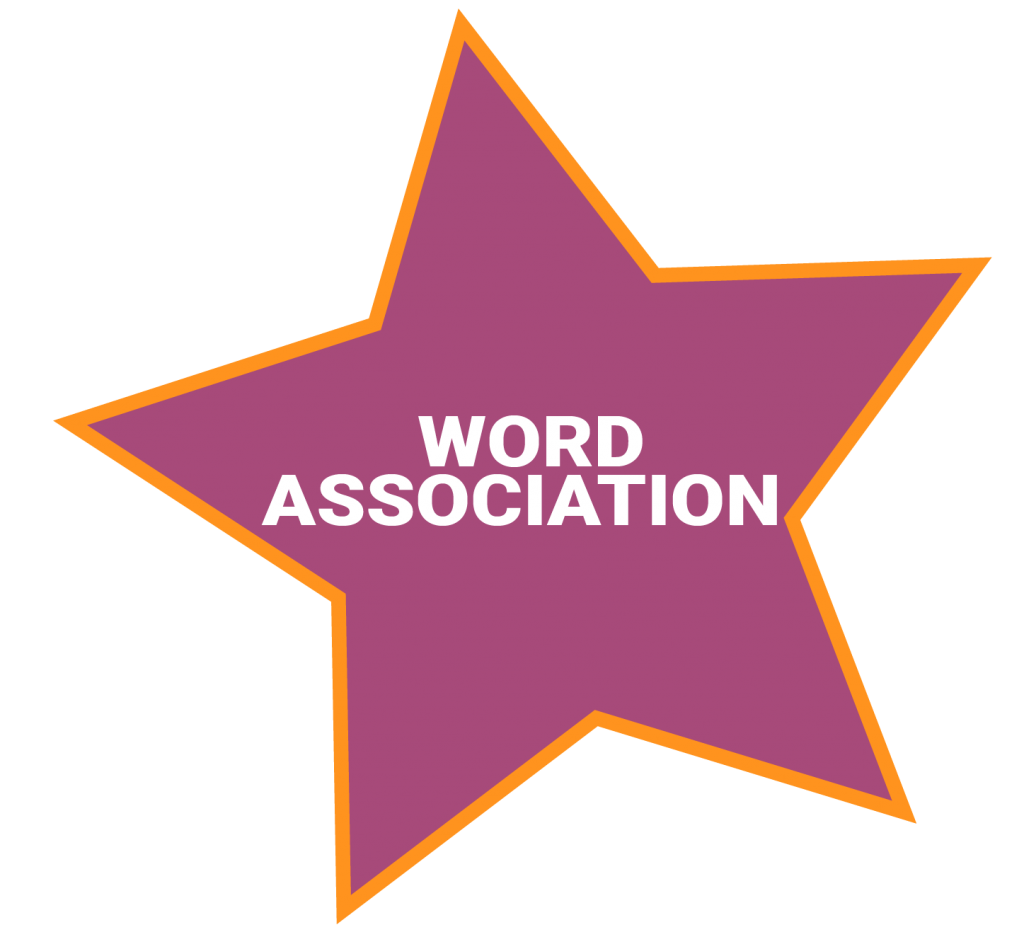
Vocabulary
Why This is Important
Vocabulary is a child’s knowledge of and memory for word meanings. A strong vocabulary improves all areas of communication — listening, speaking, reading, and writing.
Goals for Strong Readers
- Learn and use new words through various activities.
- Build a large receptive vocabulary (words children understand while reading or listening)
- Enhance expressive vocabulary (words children know well enough to use in speaking and writing)
Quick Activity

Choose a word and ask your child to think of another word that means the same thing. Take turns until neither of you can think of another word. For example, you may say, cold, and your child might say, freezing. Then you could say, chilly, and so on. Sample starter words: pretty, angry, big, small, sad, good, delicious, scary, funny, and happy
You can play a hot potato version of this game with multiple children by playing a short song while tossing a ball or soft toy to each other. Stop the music and have the children holding the ball give a synonym of the word. Take turns until players can’t think of another word.
More Activities and Games
Select vocabulary words using this online vocabulary list.

Name a word and take turns brainstorming words that mean the same thing as the word that was named. This game can also be played by brainstorming words that mean the opposite of the word that was named.

- Choose a category and brainstorm words with your child that will fit into that category. Have your child write each word on an index card or square piece of paper. For example, if the category is places to go on vacation, your child’s responses could be, the beach, theme parks and Grandma’s house.
- Then take one of those responses and have your child brainstorm words associated with that category. For example, if the category is the beach, your child could write down responses including, sand, swim suit, water, ocean, umbrella, boat, sunglasses, goggles, sunshine.
- Optional final step: If you and your child have brainstormed enough words, have your child sort the written words into other categories based on their similarities. For example, your child might put sunglasses, swim suit, and goggles in the same category because they are all items that can be worn.

Choose an ingredient from the kitchen cabinet or refrigerator. Brainstorm as many words as you can to describe what it looks like, smells like, feels like, tastes like, and sounds like. Discuss what recipes could include this ingredient.

Write a simple sentence, such as, I see a dog. Have your child help you come up with descriptive words to add details to the sentence. Have your child rewrite the sentence with the new detail. Repeat the process of adding more details and have your child rewrite the sentence each time. Encourage inventive spelling. Your child may also draw a picture and add details each time.
Example:
- I see a dog.
- I see a spotted dog.
- I see a big spotted dog in the grass.
